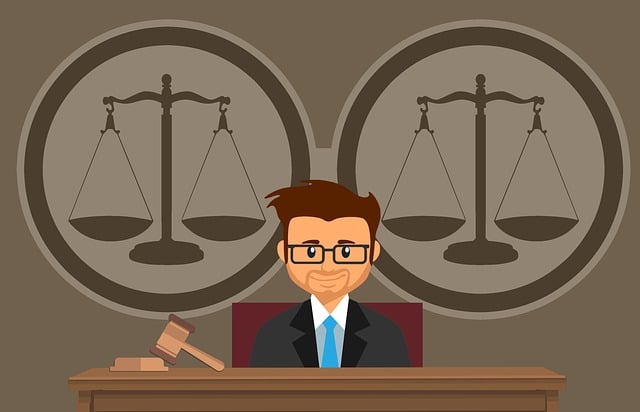Healthcare law firms employ successful strategies in defamation litigation through a combination of legal expertise, proactive record-keeping, and ethical conduct. This involves understanding key legal principles, such as standards of proof, and leveraging evidence like expert opinions and patient records. Staying current with legal precedents and industry trends, while maintaining stringent ethical standards, fortifies defenses and strengthens the firm's reputation in complex healthcare legal matters.
In the intricate landscape of healthcare law, defamation cases present unique challenges. This article explores successful strategies in defamation litigation, specifically focusing on key principles and protections within healthcare contexts. We delve into effective case building, highlighting practical approaches to strengthen claims or defenses. Furthermore, we navigate legal ethics, emphasizing responsibilities and best practices when handling healthcare defamation cases. Understanding these aspects is crucial for ensuring fair and just outcomes.
- Understanding Defamation Law: Key Principles and Protections
- Effective Strategies for Building a Compelling Case
- Navigating Legal Ethics: Responsibilities and Best Practices in Healthcare Defamation Cases
Understanding Defamation Law: Key Principles and Protections

In the intricate landscape of healthcare law, understanding defamation law is paramount for any firm seeking to protect its reputation and that of its clients. Defamation, be it slanderous statements or libelous content, can have severe consequences, particularly within the close-knit communities of philanthropists and political actors who frequently engage with healthcare providers. A successful strategy in defamation litigation involves a multifaceted approach. Firstly, firms must identify the key principles governing defamation, including the elements required to prove a claim and the defenses available. This includes understanding the standards of proof, such as demonstrating actual malice or negligence, which can be crucial in winning challenging defense verdicts.
Secondly, healthcare law firms should employ proactive measures to avoid indictment. This may involve meticulous record-keeping, transparent communication with clients and partners, and establishing clear guidelines for handling sensitive information. By adopting these successful strategies in defamation litigation, firms not only safeguard their own interests but also contribute to fostering a more robust and trustworthy ecosystem within the healthcare sector, benefiting all stakeholders, including the philanthropic and political communities that rely on high-quality, ethical healthcare services.
Effective Strategies for Building a Compelling Case

Building a compelling case in healthcare law, particularly within the realm of defamation litigation, requires a strategic approach. Successful strategies often involve meticulous documentation and a thorough understanding of medical practices and regulations. By gathering comprehensive evidence, including expert testimonials and detailed records of patient care, law firms can construct robust cases that stand up to scrutiny. This is especially crucial in high-stakes cases where an unprecedented track record of successful defenses or prosecutions can significantly influence client perception and market standing.
Lawyers adeptly navigate these complex cases by staying abreast of legal precedents and industry trends. They employ creative argumentation, leveraging the nuances of healthcare laws to their clients’ advantages. This involves careful analysis of facts, identification of key issues, and crafting persuasive narratives that resonate with both judges and juries. Such strategies not only enhance the chances of favorable outcomes but also solidify the firm’s reputation as experts in handling intricate healthcare legal matters.
Navigating Legal Ethics: Responsibilities and Best Practices in Healthcare Defamation Cases

In healthcare defamation cases, legal ethics play a pivotal role, demanding meticulous navigation to ensure fair and just outcomes. Lawyers representing patients or healthcare providers must uphold the highest standards of professional conduct throughout all stages of the investigative and enforcement process. This includes avoiding indictment while prioritizing transparent communication and robust evidence collection. Successful strategies in defamation litigation involve a thorough understanding of the unique ethical considerations that arise in high-stakes cases, ensuring client confidentiality, and maintaining impartiality.
By adhering to best practices, healthcare law firms can navigate these complex scenarios effectively. They must foster an environment where ethical dilemmas are identified and resolved promptly. This involves continuous education on legal ethics, staying abreast of regulatory changes, and implementing robust internal protocols. Such proactive measures not only safeguard against potential misconduct but also bolster the credibility and integrity of the firm in the eyes of clients and the broader legal community.
Healthcare professionals and institutions face unique challenges when it comes to defamation, making understanding legal protections and ethical considerations crucial. By grasping key principles outlined in this article, such as effective case building and navigating legal ethics, healthcare law firms can employ successful strategies in defamation litigation. These practices ensure fair representation while upholding the highest standards of integrity within the medical field.






